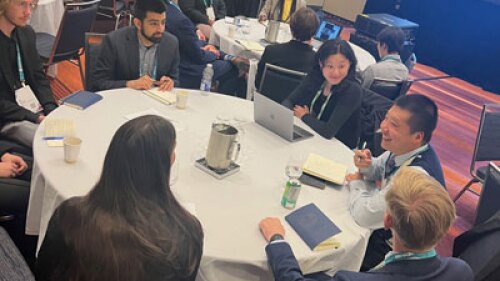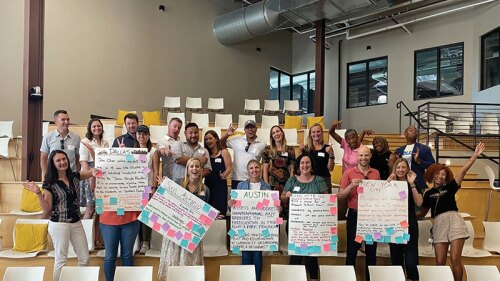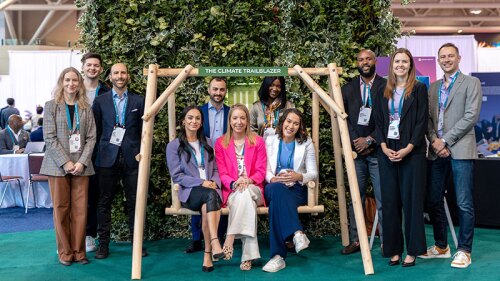The devastation caused by the recent natural disasters in the Americas is a timely reminder of the connection between land use and urban resilience. With so much about the built environment now under scrutiny—in terms of what’s built, and how and where it’s being built—the Urban Land Institute’s work has never been more necessary or relevant. Drawing upon our 80-year track record of leadership in urban design and development, we will continue to help communities become more resilient, livable and vibrant.
As the resilience movement has gained momentum, the real estate industry is working ever more closely with the public sector and other community stakeholders to develop in a way that better protects both the built and natural environments, by conserving energy as well as land and other resources. ULI is at the forefront of these efforts, providing help in the form of Advisory Service Panels convened to help communities build for resilience. Through these panels, ULI leverages member expertise to help communities embrace a long-term, future-focused approach to development, which is perhaps difficult, but particularly important when rebuilding after disasters.
With support from the ULI Foundation and the Kresge Foundation, ULI panels have assisted communities across the U. S., including Portland, Maine; Norfolk, Virginia; Seattle, Washington; northern Colorado, Lafayette, Louisiana; and El Paso, Texas. We will build on this work with future panels, some of which may be convened to assist communities hit by the latest disasters, and others that are planned as part of our new partnership with The Rockefeller Foundation’s 100 Resilient Cities program. With demand growing for resilience-related panels, the ULI Foundation’s role as a panel funder is expanding, making support for the Foundation more important than ever.
ULI has long promoted development practices that promote resilient communities. Our efforts are supported by ULI’s Center for Sustainability and Economic Performance, which offers member-led research and programs focused on improving building performance, energy savings by building tenants, urban resilience, and healthy communities. One key finding from our members’ work in these areas is this: Improving resilience is about much more than just reducing disaster-related risk. Sustainability, livability, health, and prosperity are also necessary components of resilience. Going forward, ULI will continue to apply this holistic view to resilience, as we work to help more communities move beyond catastrophes and evolve into thriving places with great potential.
ULI members are leading the future of resilient development. And resilient development is the future of urban development.



